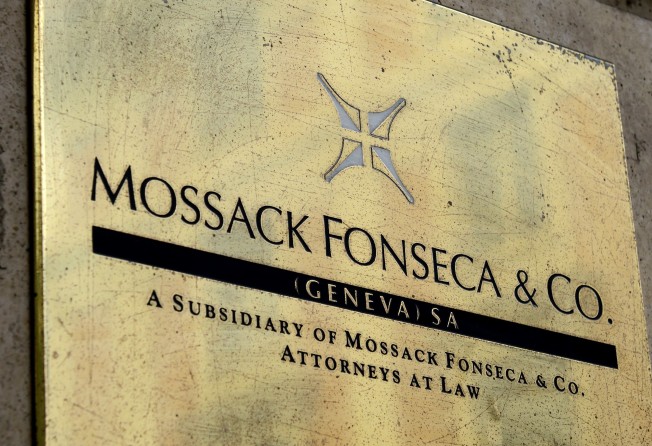Panama Papers suggest super-rich evade nearly a third of their taxes, economists say

The richest 0.01 per cent of households, involving those with more than US$40 million in assets, evade paying 30 per cent of their taxes on average, according to an academic study of tax evasion based on data revealed in the Panama Papers and the leaks concerning the HSBC Swiss private bank. Economists, who matched people named in the leaks with public wealth records, found that “the probability to hide assets rises very sharply with wealth”.
The paper found that the super-rich evaded more than 10 times as much of their due taxes as the wider population, which on average evaded 2 per cent.
Most of the tax was evaded by hiding wealth in offshore accounts, which the researchers said was “extremely concentrated” in the hands of only the very wealthy, who could afford accountants, lawyers and bankers to advise them on setting up such holdings.
“The probability to hide wealth offshore rises very steeply within the top 1 per cent,” the paper, entitled Tax Evasion and Inequality, said. “By our estimate, the top 0.01 per cent of the [wealth] distribution owns about 50 per cent of [the wealth].”
The study, led by researchers at the Norwegian University of Life Sciences and the University of Copenhagen, only studied the wealth of people in Norway, Sweden and Denmark, where detailed records of personal wealth are available. The researchers suggested that similar or higher levels of tax evasion were likely to be found among the super-rich in other countries.
The researchers said they found that about 40 per cent of the richest 0.1 per cent of households in Norway hid on average about 50 per cent of their assets offshore. “Because most Latin American and many Asian and European economies own much more wealth offshore than Norway, the results found in Norway are likely to be lower than for most of the world’s countries,” they said. “Our results highlight the need to move beyond tax records to capture the income and wealth of the very rich, even in countries where tax compliance is generally high.”
The researchers, led by Annette Alstadsaeter, said their goal was to “correct global inequality statistics in a systematic way so as to better capture the very rich”.